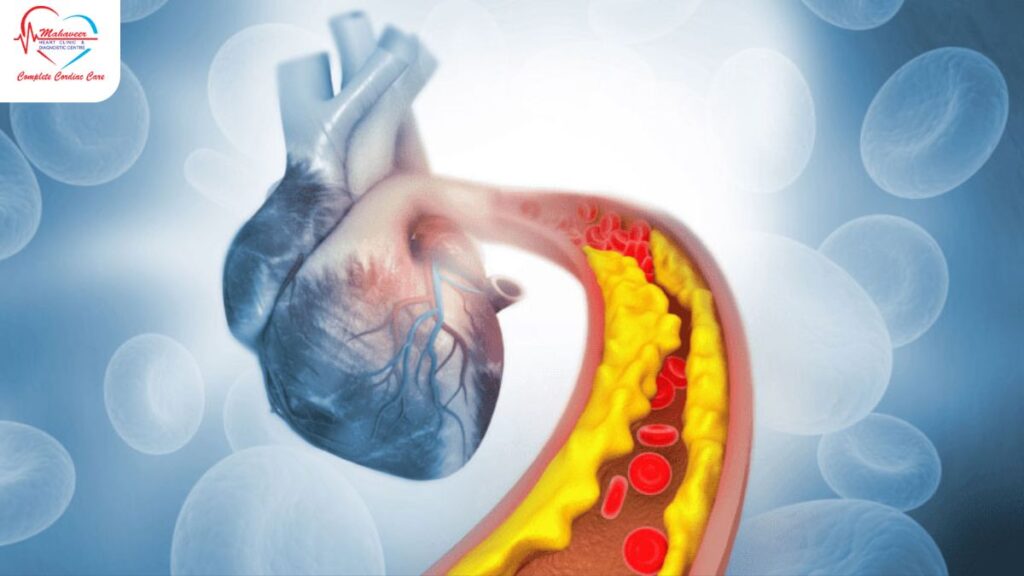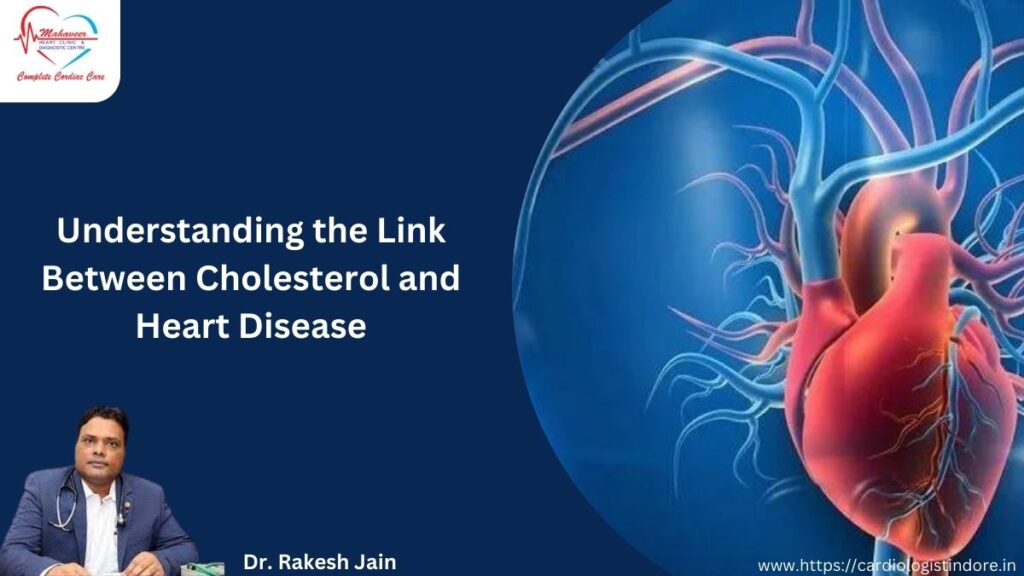Heart disease remains a significant health concern globally, with high cholesterol levels being a major risk factor. Understanding the role of cholesterol in heart disease and seeking advice from a heart specialist doctor can greatly benefit your heart health. In this article, we’ll explore the insights of Dr. Rakesh Jain, a renowned heart specialist and the best cardiac surgeon in Indore, on managing cholesterol and maintaining a healthy heart.
Role of a Heart Specialist Doctor
Heart specialist doctor, also known as cardiologists, play a crucial role in diagnosing and treating heart-related conditions. They are experts in identifying risk factors, providing preventive care, and offering personalized treatment plans to improve heart health. Dr. Rakesh Jain, with his expertise and experience, is dedicated to providing the best cardiac care in Indore.
Importance of Understanding Cholesterol Levels
Cholesterol is a waxy molecule found in the blood that helps to produce healthy cells. However, high amounts of cholesterol can cause plaque accumulation in the arteries, raising the risk of heart disease and stroke.Understanding your cholesterol levels and working with a heart specialist doctor like Dr. Rakesh Jain can help you make informed decisions about your heart health.
Dr. Rakesh Jain: A Leading Heart Specialist in Indore
Dr. Rakesh Jain is a highly respected cardiac surgeon known for his expertise in treating complex heart conditions. As the best cardiac surgeon in Indore, He is committed to offering compassionate care and creative treatment alternatives to his patients. His dedication to perfection has gained him recognition as one of the region’s leading cardiac specialists.
Expert Tips for Managing Cholesterol and Heart Health
Maintain a Healthy Diet: Eat a balanced diet rich in fruits, vegetables, whole grains, and lean proteins. Avoid foods high in saturated fats and trans fats.
Stay Active: Engage in regular physical activity to keep your heart healthy and maintain a healthy weight.
Monitor Your Cholesterol Levels: Regularly check your cholesterol levels and work with your doctor to keep them in a healthy range.
Quit Smoking: Smoking can increase your risk of heart disease. Quitting smoking can greatly improve your heart health.
Manage Stress: Stress can contribute to heart disease. Find healthy ways to manage stress, such as exercise, meditation, or spending time with loved ones.

Common Myths About Cholesterol and Heart Disease
Myth: All cholesterol is harmful
Fact: There are two forms of cholesterol: LDL (bad cholesterol) and HDL (good cholesterol). HDL helps remove LDL from the arteries.
Myth: If your cholesterol is elevated, you will have symptoms.
Fact: High cholesterol typically causes no symptoms. It is critical to schedule regular check-ups to monitor your cholesterol levels.
Myth: Only elderly folks need to be concerned about cholesterol.
Fact: High cholesterol can harm persons of any age. To avoid heart disease later in life, it is critical to establish good behaviors early on.
Conclusion
In conclusion, understanding the link between cholesterol and heart disease is essential for maintaining good heart health. By following expert tips from a heart specialist doctor like Dr. Rakesh, you can take control of your heart health and reduce your risk of heart disease. Remember, your heart is in your hands, so take care of it!
For more information about Dr. Rakesh jain – watch this video
FAQs
1.How often should I have my cholesterol checked?
A.It is suggested that you have your cholesterol examined at least every five years. If you have risk factors for heart disease, your doctor may suggest more frequent testing.
2.Can I lower my cholesterol through diet and exercise alone?
A.Yes, lifestyle modifications such as a healthy diet and frequent exercise can help reduce cholesterol. However, some people may require medicine in conjunction with lifestyle adjustments.
3.What are some foods that can help lower cholesterol?
A.Foods such as oatmeal, nuts, fatty fish, and olive oil are known to help lower cholesterol levels
4.Is it OK to discontinue taking cholesterol-lowering medications once my levels have stabilized?
A.It’s critical to consult your doctor before discontinuing any medications. Your doctor will advise you on the best course of action depending on your specific health needs.
5. Are there any side effects from cholesterol-lowering drugs?
A.Cholesterol-lowering drugs, like any other treatment, can have side effects. It is crucial that you share any concerns with your doctor before starting therapy.


